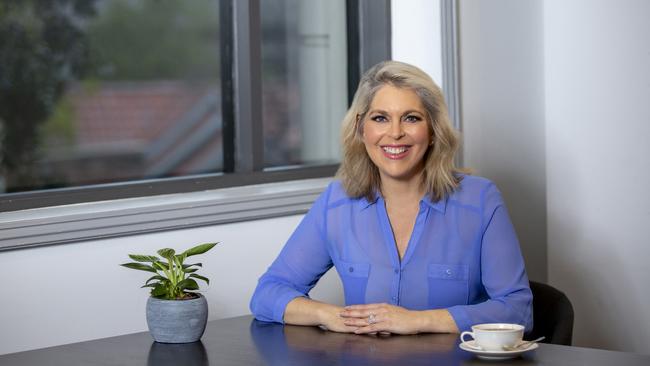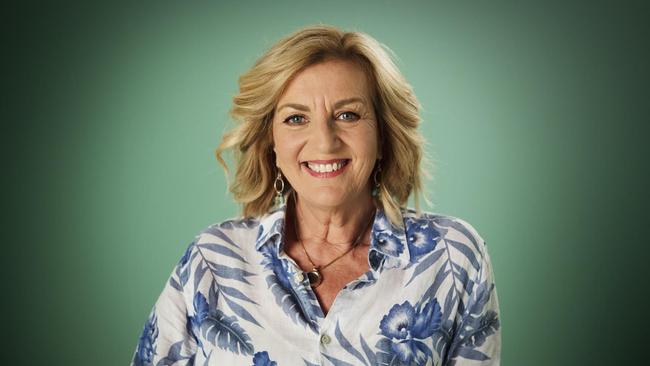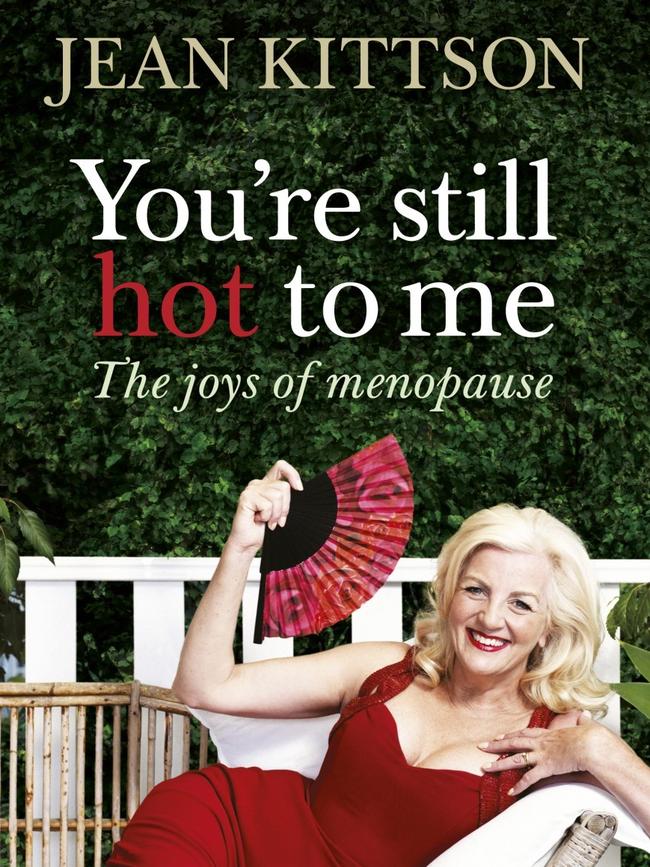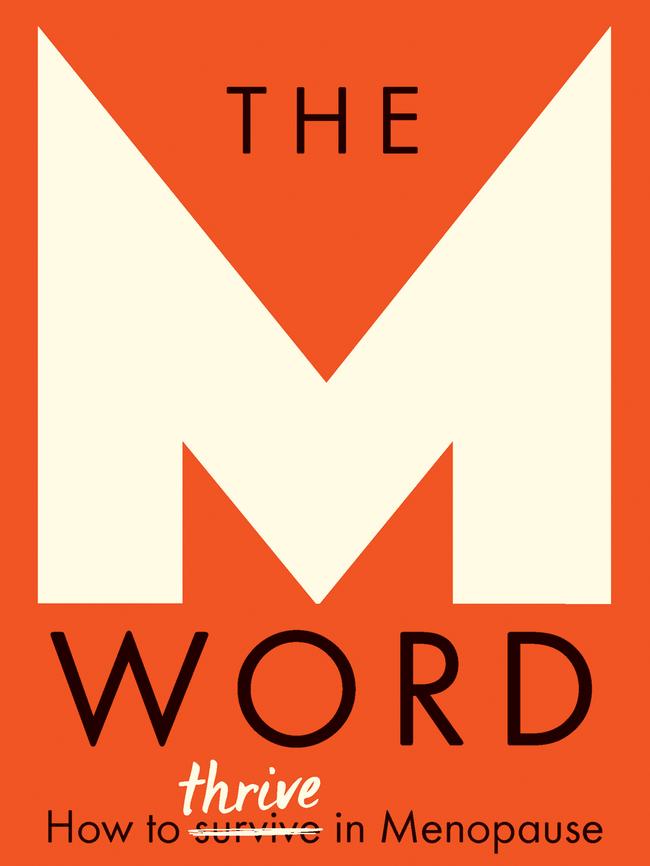Hormone hell: Menopause is happening earlier than you think
Menopause can have a debilitating effect on women’s careers, relationships and lives, but it doesn’t have to. Experts detail the misconceptions and how to manage the reality.
Health
Don't miss out on the headlines from Health. Followed categories will be added to My News.
Women in their early 40s and 50s are living through hell and the cause is affecting their careers, relationships and mental health.
At a stage when women are working full-time while juggling children and caring for elderly parents, perimenopause sneakily arrives with a debilitating rollercoaster of health-related issues including irritability, hot flashes and anxiety.
“I call it hormone hell. Your hormones are giving you a triple pike with a half flip because they are going up and down like a yo-yo, and our brains and our bodies really don’t like those fluctuating hormone levels,” says Dr Ginni Mansberg, author of The M Word.
Perimenopause, the precursor to menopause, can start up to 10 years earlier when women are usually in their 40s, and comes with a range of symptoms, from confusion known as “brain fog” through to insomnia and self-esteem issues.
“The worst of it comes in your mid to late 40s, not in your late 50s,” she says.
“In fact, sometimes life gets a lot better on the other side of the rainbow after menopause.”
Medically defined, the “menopause” lasts for a single day, and occurs 12 months after a woman’s last period, while beyond that is known as post-menopause which can last for the rest of some women’s lives.

Speaking to host James Valentine, on the 5th series of Australian Seniors’ Life’s Booming podcast on ‘Menopause: The Other Side’, Dr Mansberg says during the peri and menopausal years, one in three women will experience a mental health problem attributed to hormones, with the main being anxiety and depression.
“We often call it the ‘peri rage’. People are just so angry and so annoyed, and they don’t understand why they’re so angry with people, but lashing out and acting what they feel like is very inappropriate,” she says.
“They’re very remorseful and quite paranoid, very thin skinned, very easily offended.
“Now, when you put those things together, it’s not surprising ... that untreated, 10 per cent of women will leave the workforce altogether at this time, an additional 14 per cent will decide to go part-time or to significantly reduce their hours, an additional 8 per cent of women will either ask for a demotion or actively avoid a promotion, or say no to a promotion that’s offered to them.
“It is peak time for anxiety and depression in a woman’s life. It’s also peak time for suicide in women is 45 to 55. And it’s clearly a hormonal thing.”

A recent Australian Seniors survey of more than 5000 Australians over 50, found close to one in two people surveyed (47 per cent ) thought women who had experienced menopause were more likely to feel ‘overlooked’ or ‘invisible’ to society at large.
Comedian and author of You’re Still Hot To Me, Jean Kittson, who discusses menopause on the Life’s Booming podcast, agrees.
“I went to a gynaecologist, I talked about HRT, I realised there was a lot of fear that a lot of women suffered, a lot of women would leave their jobs because they thought they weren’t coping with work, but they actually weren’t coping with their menopause symptoms.
“I think people are still afraid it’s (menopause) going to impact on their work because the Australian Human Resources Institute did a survey and they found that the majority of women would not mention menopause at work because they thought they’d be considered old, sidelined for leadership positions, with all the stigma still attached to menopausal women. So there’s still a lot of ‘I don’t want to talk about it in the workplace’.”


Kittson and Dr Mansberg say the legacy of misinformation more than 20 years ago, about Hormone Replacement Therapy (HRT), has had a lasting impact on women’s health.
In 2002, a Women’s Health Initiative report linked HRT to breast cancer, resulting in 80 per cent of users worldwide stopping the treatment. However, 12 years later the report was found to be flawed and that HRT did not necessarily increase cases of breast cancer.
Dr Mansberg says menopause symptoms are controllable, and HRT is considered the best treatment for most woman under the age of 60 who are suffering symptoms.
“What I love about HRT is of the 53 symptoms that we’ve so far identified, everything from palpitations and itchy skin to incontinence, and of course, your hot flushes and your depression. It’s the only one that wraps up, I guess, every single symptom and helps every single symptom.”
For more on Menopause: The Other Side go to:
https://www.seniors.com.au/lifes-booming-podcast
Originally published as Hormone hell: Menopause is happening earlier than you think


